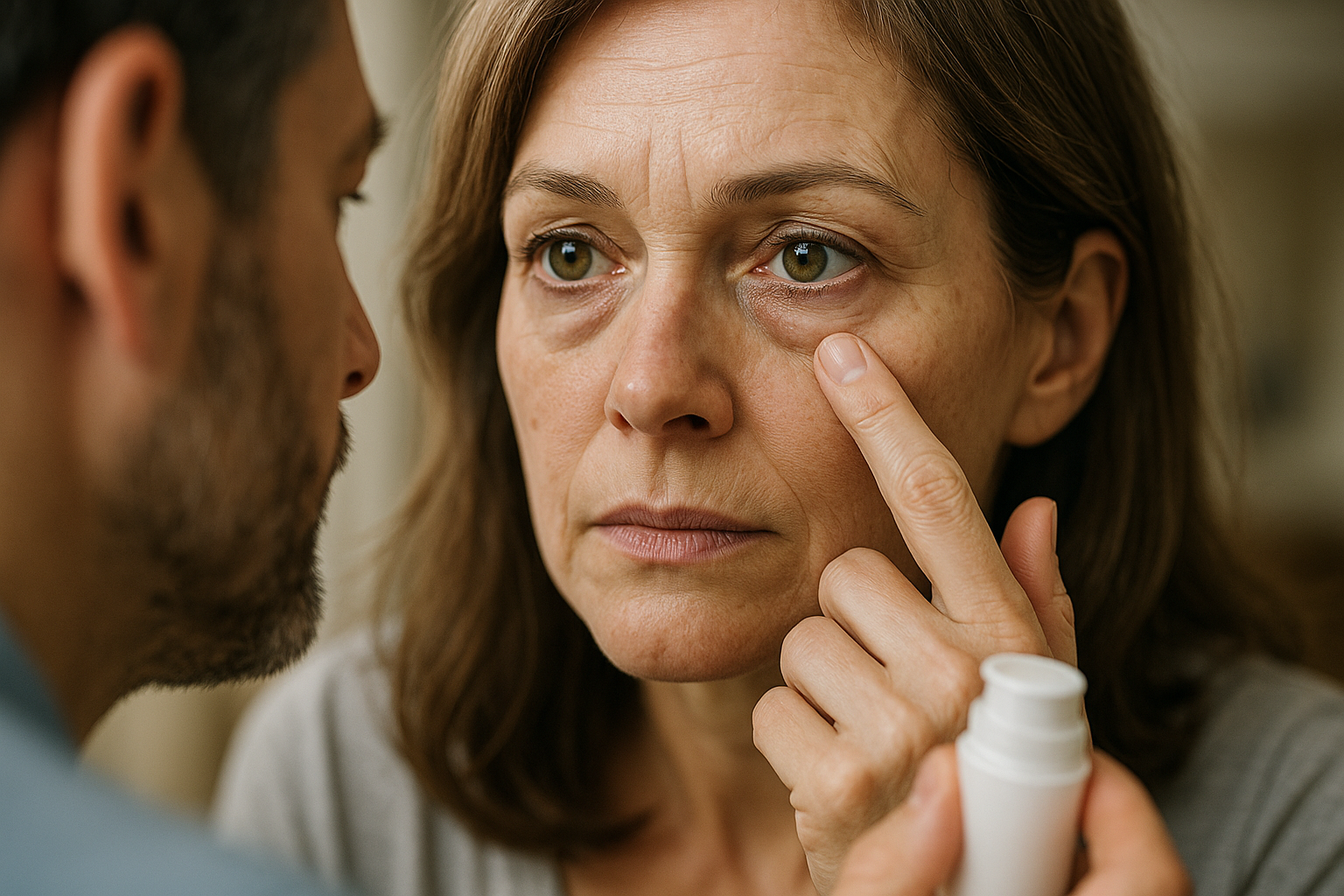Explore Plaque Psoriasis Treatment Options
Plaque psoriasis is a chronic autoimmune condition characterized by red, inflamed patches of skin covered with silvery scales. While there is no cure for psoriasis, various treatment options can help manage symptoms and improve quality of life. This article explores the different approaches to treating plaque psoriasis, including topical treatments, systemic medications, and lifestyle modifications.

What are the common topical treatments for plaque psoriasis?
Topical treatments are often the first line of defense against mild to moderate plaque psoriasis. These medications are applied directly to the affected skin areas and can help reduce inflammation, itching, and scaling. Some common topical treatments include:
-
Corticosteroids: These anti-inflammatory medications come in various strengths and are available as creams, ointments, or solutions. They can help reduce redness, itching, and inflammation.
-
Vitamin D analogues: Synthetic forms of vitamin D, such as calcipotriene and calcitriol, can help slow skin cell growth and reduce scaling.
-
Retinoids: Topical retinoids like tazarotene can help normalize skin cell production and reduce inflammation.
-
Coal tar: This traditional treatment can help slow skin cell growth and reduce inflammation and scaling.
-
Salicylic acid: This ingredient helps remove scales and soften plaques, making other topical treatments more effective.
What systemic medications are used for plaque psoriasis treatment?
For moderate to severe cases of plaque psoriasis, or when topical treatments are ineffective, systemic medications may be prescribed. These medications work throughout the body to address the underlying causes of psoriasis. Some common systemic treatments include:
-
Methotrexate: This medication suppresses the immune system and can help slow skin cell growth.
-
Cyclosporine: Another immunosuppressant that can be effective for severe cases of psoriasis.
-
Oral retinoids: Medications like acitretin can help reduce skin cell production.
-
Biologics: These newer medications target specific parts of the immune system involved in psoriasis. Examples include adalimumab, etanercept, and ustekinumab.
-
Apremilast: This oral medication works by inhibiting an enzyme involved in inflammation.
Are there over-the-counter creams for psoriasis?
While prescription medications are often more potent, some over-the-counter (OTC) creams can help manage mild cases of plaque psoriasis or complement prescribed treatments. These include:
-
Hydrocortisone creams: Low-strength corticosteroids that can help reduce itching and inflammation.
-
Salicylic acid preparations: These can help remove scales and soften plaques.
-
Coal tar products: Available in various forms, including shampoos, creams, and ointments.
-
Moisturizers: While not specifically for psoriasis, regular moisturizing can help reduce dryness and itching.
-
Aloe vera: Some people find that aloe vera gel can help soothe irritated skin.
It’s important to note that while OTC treatments can be helpful, they may not be sufficient for moderate to severe cases of plaque psoriasis. Always consult with a healthcare provider before starting any new treatment regimen.
What lifestyle changes can help manage plaque psoriasis?
In addition to medical treatments, certain lifestyle modifications can help manage plaque psoriasis symptoms:
-
Stress management: Stress can trigger or worsen psoriasis flares. Techniques like meditation, yoga, or regular exercise can help reduce stress.
-
Healthy diet: While no specific diet has been proven to cure psoriasis, some people find that certain foods may trigger flares. Maintaining a balanced diet rich in fruits, vegetables, and omega-3 fatty acids may be beneficial.
-
Avoiding triggers: Identifying and avoiding personal triggers, such as certain medications, alcohol, or smoking, can help reduce flare-ups.
-
Gentle skincare: Using mild, fragrance-free soaps and moisturizers can help keep skin hydrated and reduce irritation.
-
Sun exposure: Controlled amounts of natural sunlight can help improve psoriasis symptoms for some people. However, it’s crucial to avoid sunburn and consult with a healthcare provider about safe sun exposure.
How effective are plaque psoriasis treatments?
The effectiveness of plaque psoriasis treatments can vary from person to person. What works well for one individual may not be as effective for another. It’s common for healthcare providers to recommend a combination of treatments or to adjust treatment plans over time to find the most effective approach.
Topical treatments are often effective for mild to moderate cases, with many people experiencing significant improvement in symptoms. For more severe cases, systemic medications like biologics have shown promising results, with some patients achieving clear or almost clear skin.
However, it’s important to note that psoriasis is a chronic condition, and while treatments can manage symptoms effectively, they may not provide a permanent cure. Consistent treatment and follow-up with healthcare providers are essential for long-term management of plaque psoriasis.
In conclusion, there are numerous treatment options available for managing plaque psoriasis, ranging from topical treatments and over-the-counter creams to systemic medications and lifestyle modifications. The choice of treatment depends on the severity of the condition, individual response to treatments, and potential side effects. Working closely with a healthcare provider can help develop a personalized treatment plan to effectively manage plaque psoriasis symptoms and improve quality of life.
This article is for informational purposes only and should not be considered medical advice. Please consult a qualified healthcare professional for personalized guidance and treatment.




